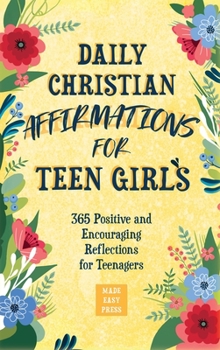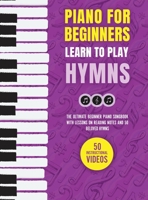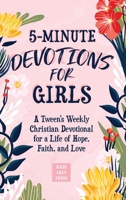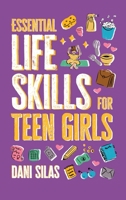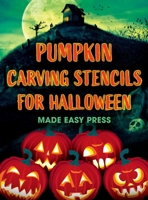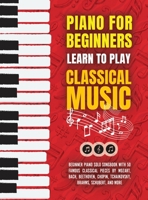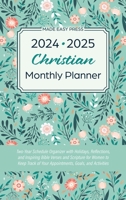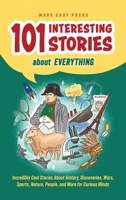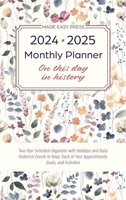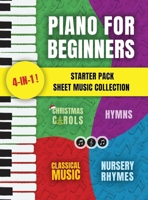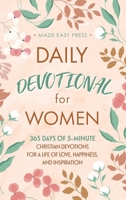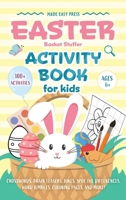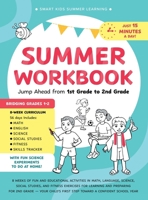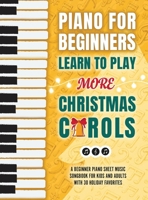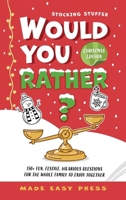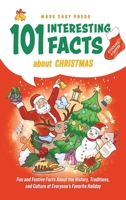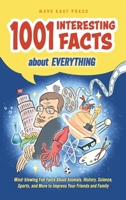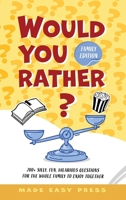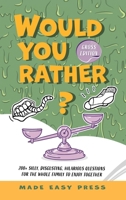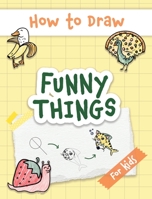Daily Christian Affirmations for Teen Girls: 365 Positive and Encouraging Reflections for Teenagers
Select Format
Select Condition 
Book Overview
"I am fearfully and wonderfully made." - Psalm 139:14
Who doesn't need a boost of confidence now and then?
The teenage years are rife with joy and excitement, but also full of uncertainty and struggle. Sometimes, all a girl needs is to take a deep breath, look in the mirror, and remind herself how amazing she is.
This little book of daily Christian affirmations takes teens on an encouraging and enlightening year-long journey, with 365 daily affirmations to start each morning with a dose of self-love.
God's guidance will lead girls through all 52 weeks of the year, with affirmations like:
- I am God's beloved daughter.
- Life does not have to be perfect to be wonderful.
- Everything about me is intentionally designed by God.
- I trust myself to make the right decisions.
- I am empowered to be the best version of myself.
Daily Christian Affirmations for Teen Girls is the perfect birthday, Christmas, or summer gift for your daughter, granddaughter, niece, or little sister










